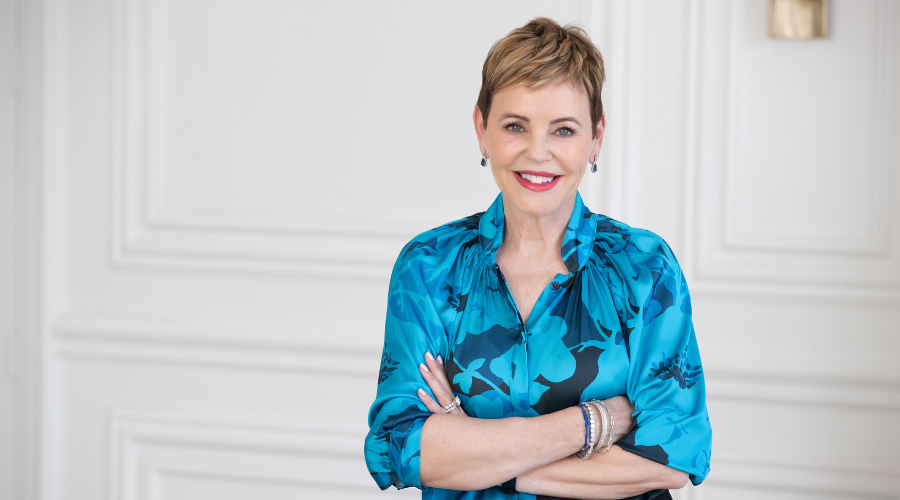People often ask if there are any restrictions when it comes to selling a home when the owner has a reverse mortgage. Others are often concerned that, with a reverse mortgage, there could be a chance that their home will sell for less than the amount they owe on it. This article aims to put those concerns to rest and explain the process of selling a home with a reverse mortgage.
When does a home with a reverse mortgage need to be sold?
A reverse mortgage is different from a conventional mortgage in a number of key ways. It provides you with a tax-free lump sum, with the amount depending on your home’s value, your age and where you live. You don’t need to make any regular mortgage payments and you continue to own your home. There are only two events that trigger the need for the sale of the property: when the last surviving borrower dies or moves out of the home.
What are the limits of selling a home with a reverse mortgage?
Similar to properties that have conventional mortgages attached to them, there are very few limits to selling a home that has a reverse mortgage.
All banks have penalty structures in place if you sell prematurely and break your mortgage before the contract is up. Reverse mortgages are no different. Unlike most banks, however, if the borrower has to move into a nursing home, HomeEquity Bank will reduce the early payment penalty by 50%. If the sale is due to the borrower dying, there is no penalty charge at all. As far as the estate is concerned, the amount owing to the bank needs to be paid at the time the home is sold.
Can you buy a house from someone who has a reverse mortgage?
Yes, the process is no different to buying a house from someone with a conventional mortgage.
How do you pay out a reverse mortgage?
The process is very similar to selling a home with a conventional mortgage. It is all done through lawyers, the funds are sent to HomeEquity Bank by cheque or wire and they disperse any balance to the client. The only time this process is any different is when the home sells for less than the amount of money that is owed on the mortgage.
What happens when a home with a reverse mortgage is sold for less than the mortgage balance?
HomeEquity Bank provides a guarantee to its clients. If there is a negative equity situation, they guarantee not to take more than the value of the property. Other banks will go after the borrower or the estate for the outstanding balance, but HomeEquity Bank will take a loss on the mortgage.
In this situation, HomeEquity Bank asks the borrower’s realtor or lawyer to provide comparable property values. Once they are satisfied with those, and the borrower has a firm offer, the difference is written off as a loss.
Would my children have to pay any amount owing on my reverse mortgage?
No, they would not. HomeEquity Bank’s guarantee to take no more than the home’s selling price also applies to the borrower’s heirs.
How often does a home sell for less than the mortgage balance?
This is extremely rare. HomeEquity Bank wants to ensure that the chances of this happening are slim, so they never lend more than 55% of the home’s value. In fact, in over 30 years 99% of their customers have had equity left in their home and on average there is over 60% equity remaining.
Increases in real estate value also help to boost the equity in your home and reduce the impact of interest charged to the mortgage principal.
How do I find out more?
Find out how HomeEquity Bank has helped thousands of Canadians like you to stay in their homes – call 1-866-522-2447.































